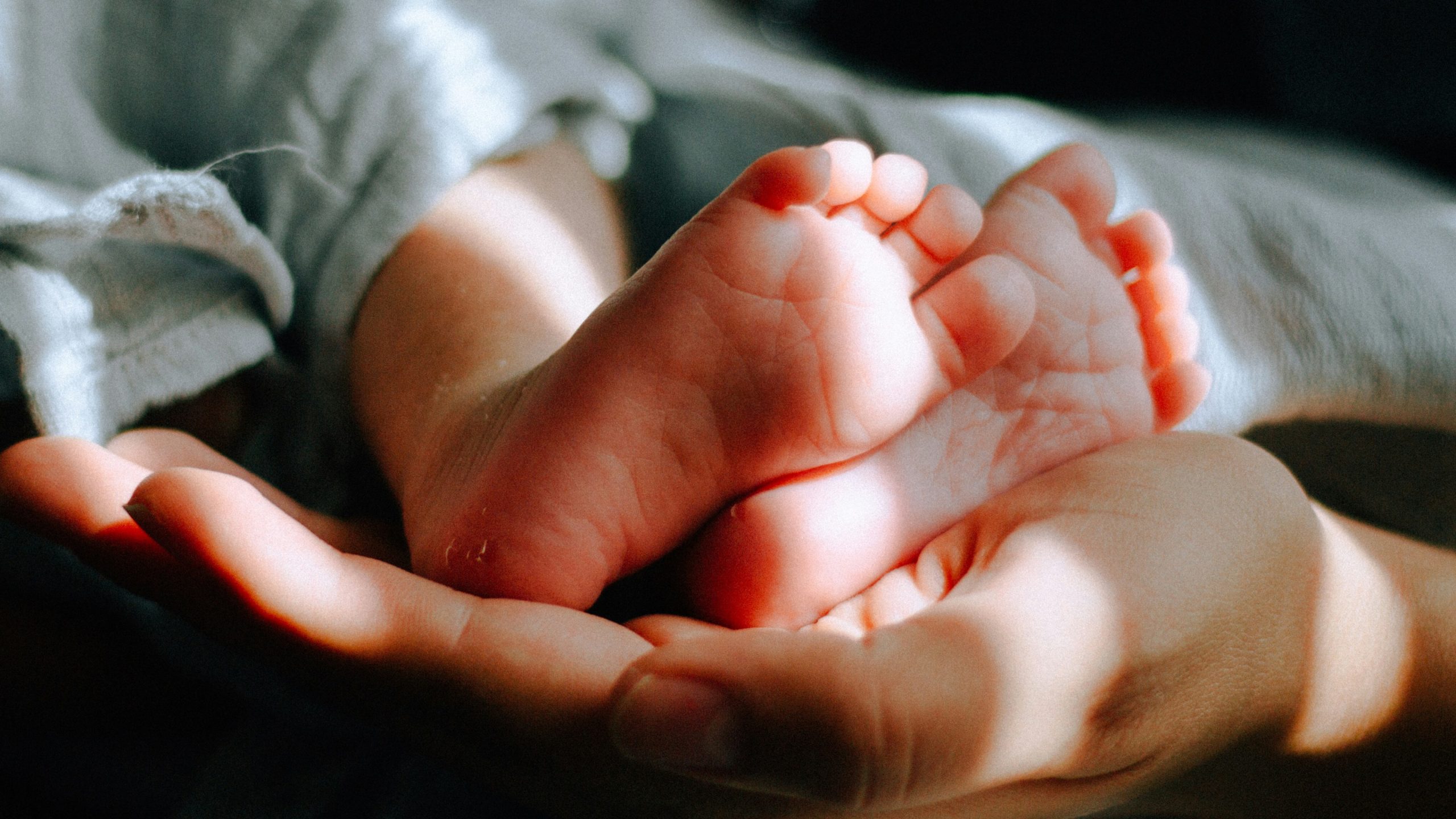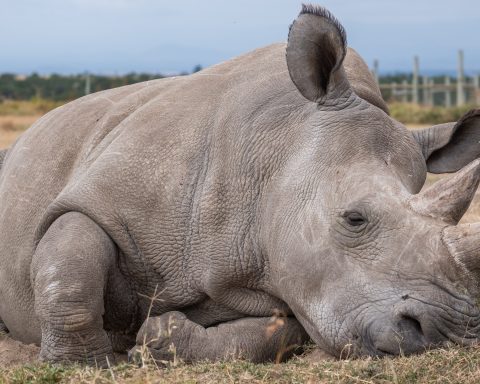A baby girl named Hannah, born from a 30-year-old embryo in the United States, has set a world record. Facilitated by the National Embryo Donation Center (NEDC) in Tennessee, this birth highlights the strength of in-vitro fertilisation (IVF). The 30-year-old embryo, frozen in 1994, shows that embryos can remain viable for decades. This achievement offers hope to couples facing infertility, proving that long-term storage can lead to healthy births. It also underscores the progress in reproductive technology, giving families new possibilities.
Breaking IVF Records
Hannah’s birth surpasses the previous record of a baby born from an embryo frozen for about 29 years. The 30-year-old embryo, anonymously donated, was stored under ideal conditions at the NEDC. As a result, Hannah was born healthy with no issues, according to the NEDC. For example, this success confirms the reliability of modern freezing methods. It encourages families to explore embryo adoption or long-term storage, expanding their options. This milestone also highlights the growing role of donation in fertility care.
Advancing Fertility Solutions
Using a 30-year-old embryo marks a major step in fertility care. Properly stored embryos can lead to healthy births even after decades, as this case shows. Consequently, experts see this as a boost for IVF and embryo donation. Couples can approach fertility treatments with more confidence, knowing long-frozen embryos can succeed. This achievement opens new doors for family planning and supports those navigating infertility challenges, offering a brighter outlook for parenthood.
Future of Reproductive Medicine
Hannah’s birth from a 30-year-old embryo signals a promising future for IVF. Therefore, it sparks interest in further research on long-term embryo preservation. With proper storage, donated embryos can help more families achieve parenthood. Accordingly, this event inspires hope for those exploring IVF or embryo adoption. It also drives innovation in fertility care, promising more successful pregnancies worldwide and reshaping how families plan for the future.



